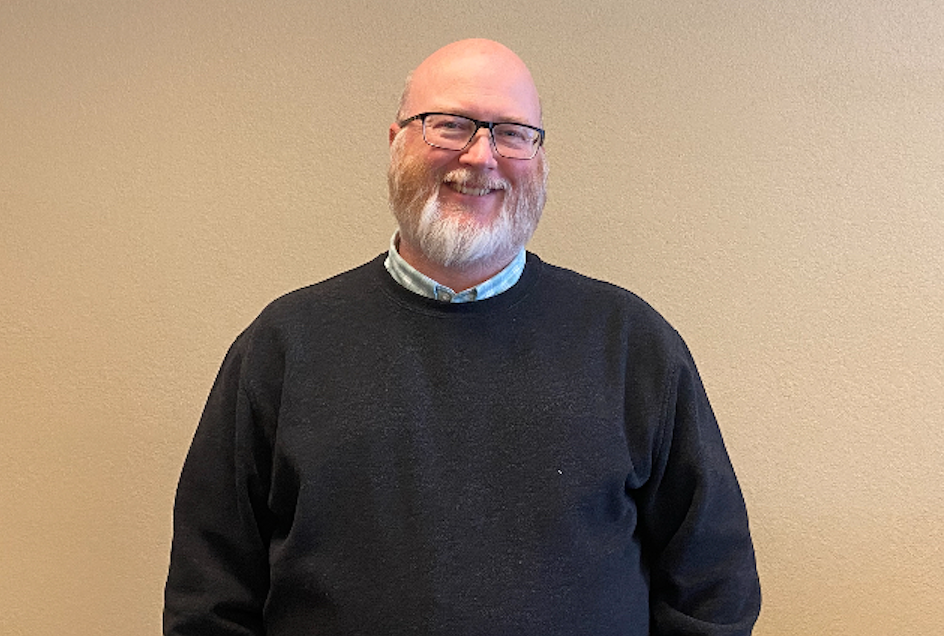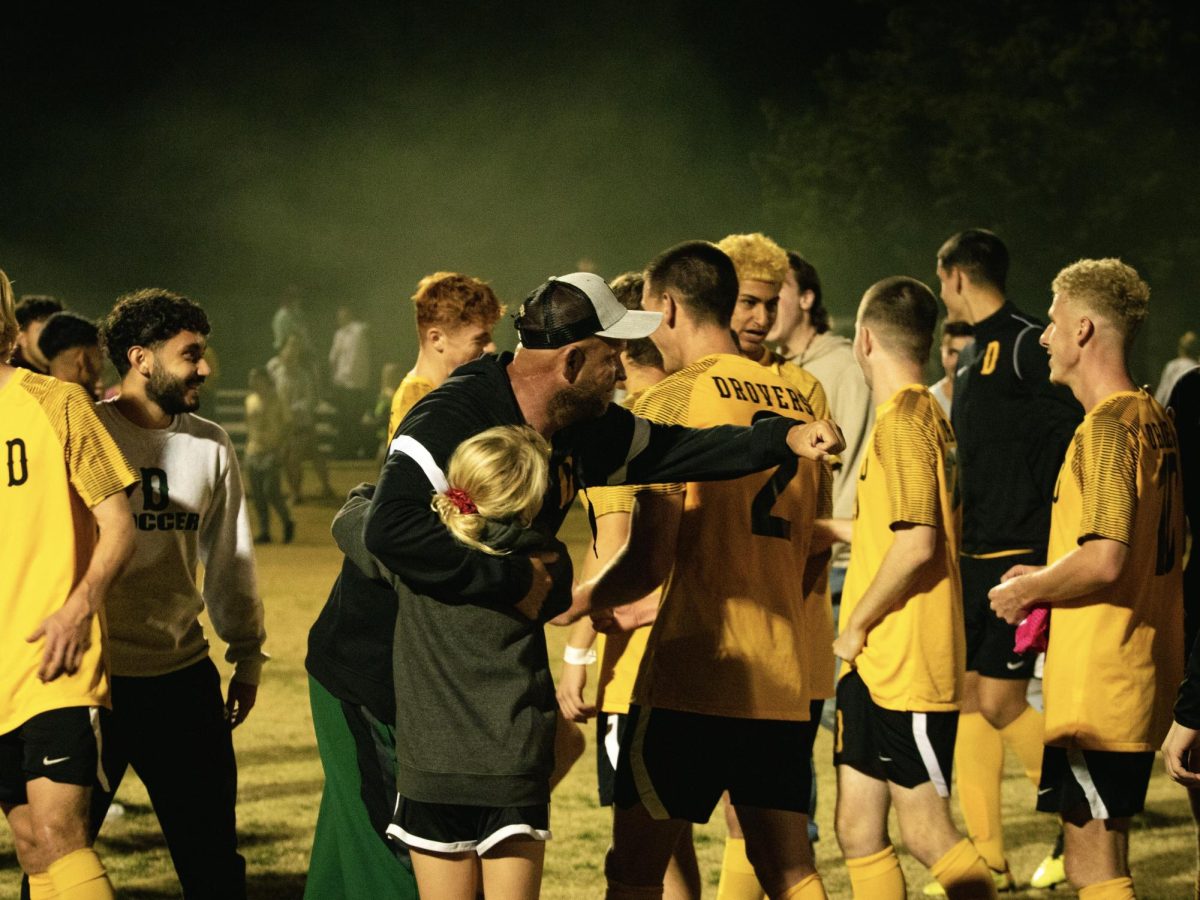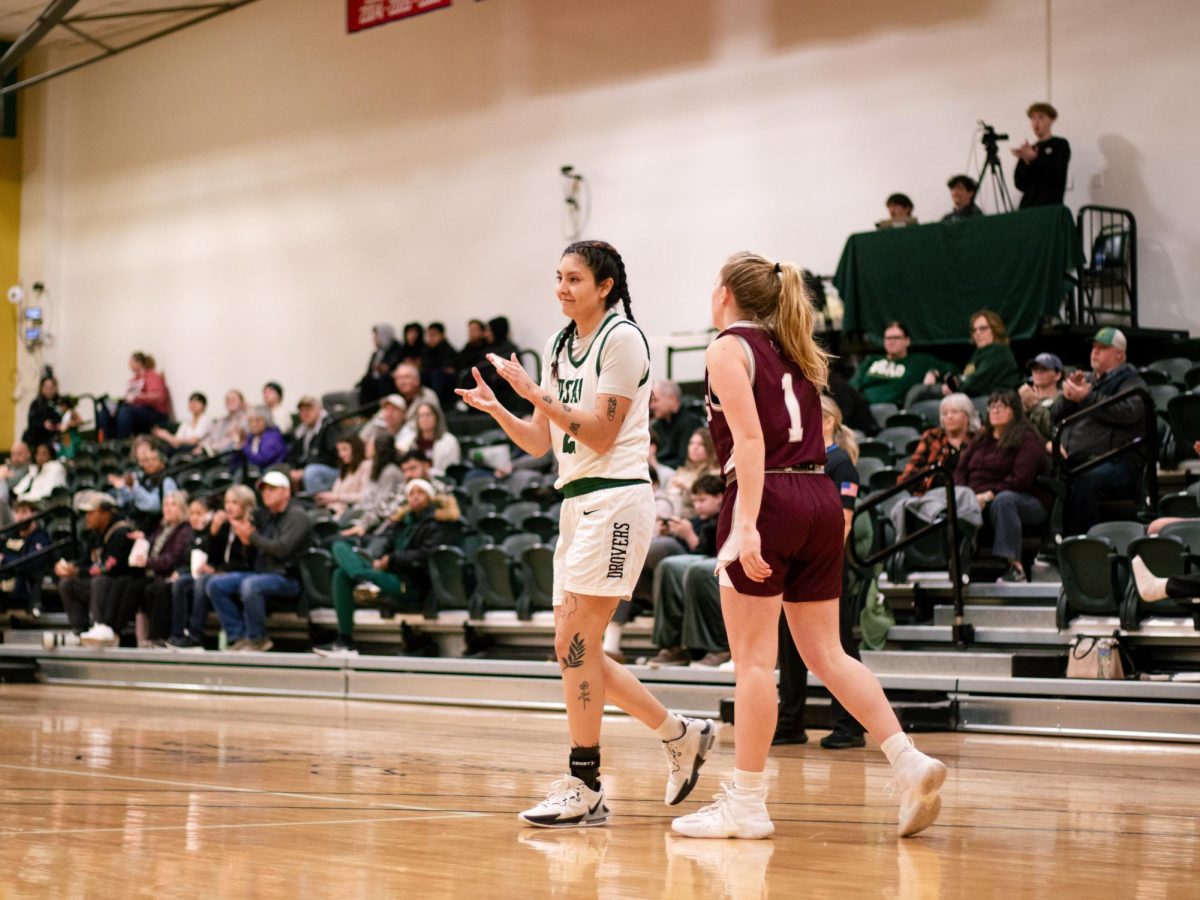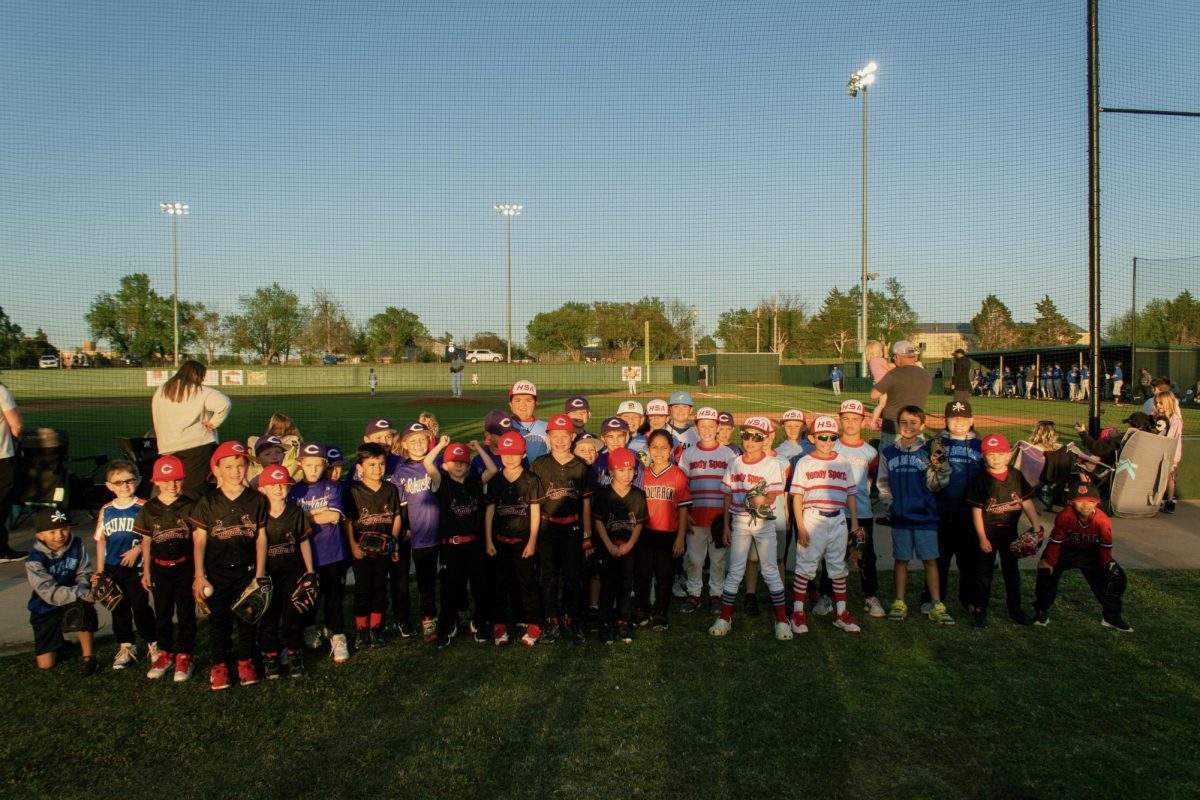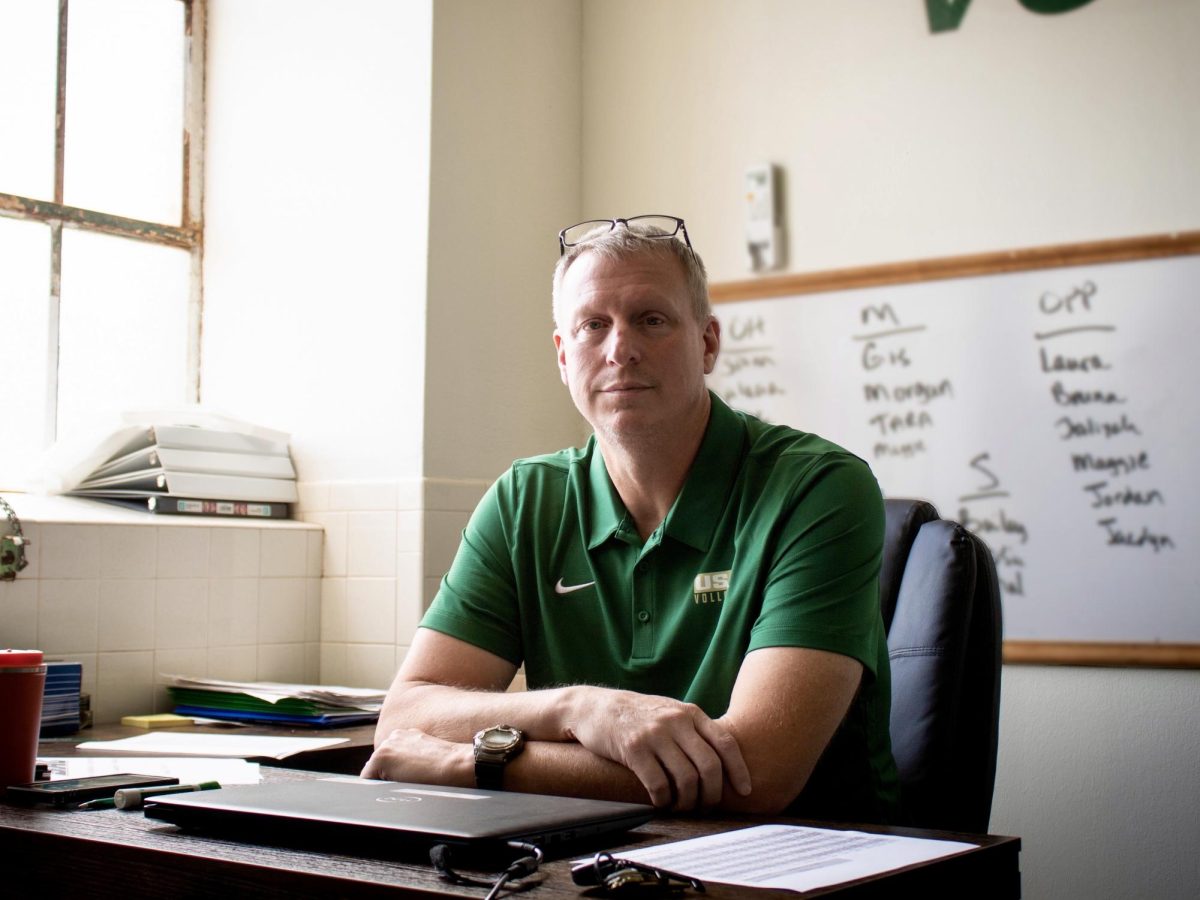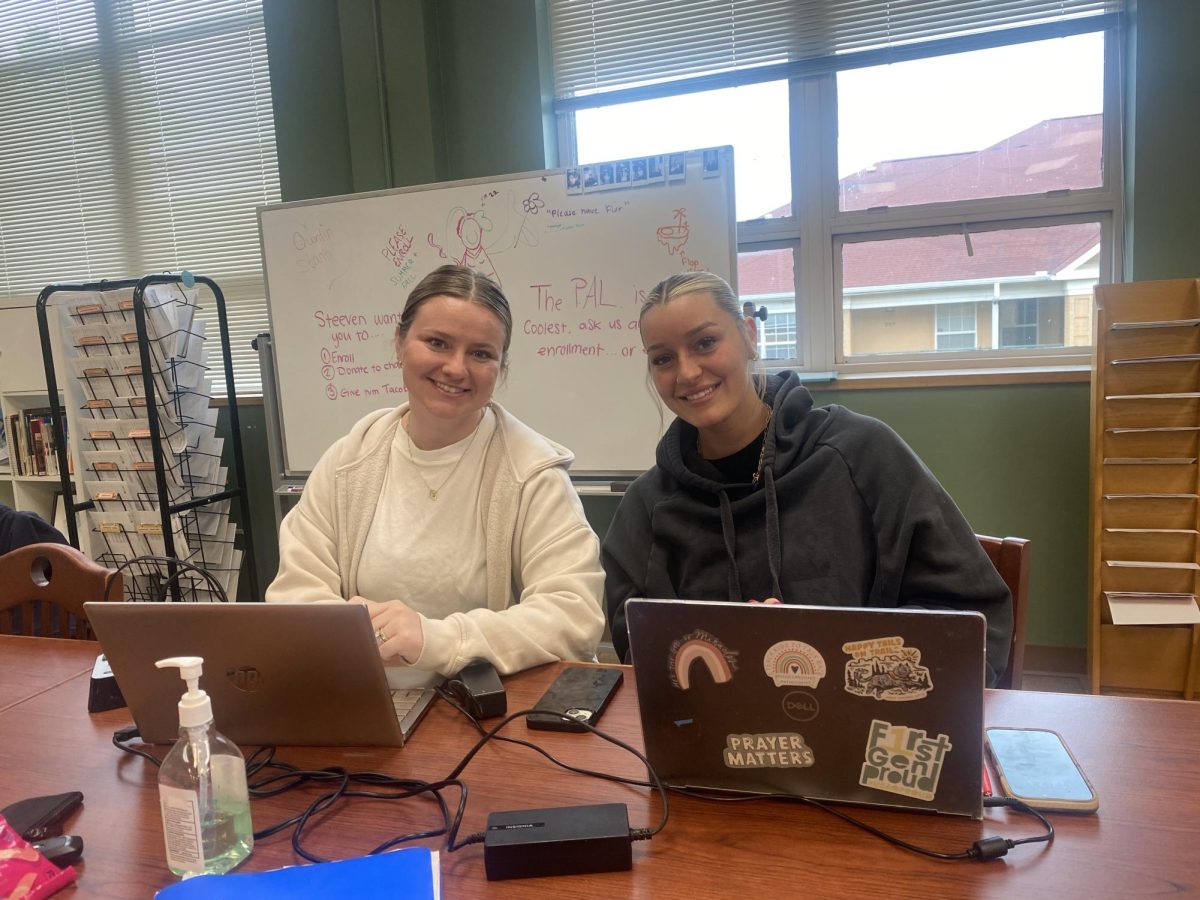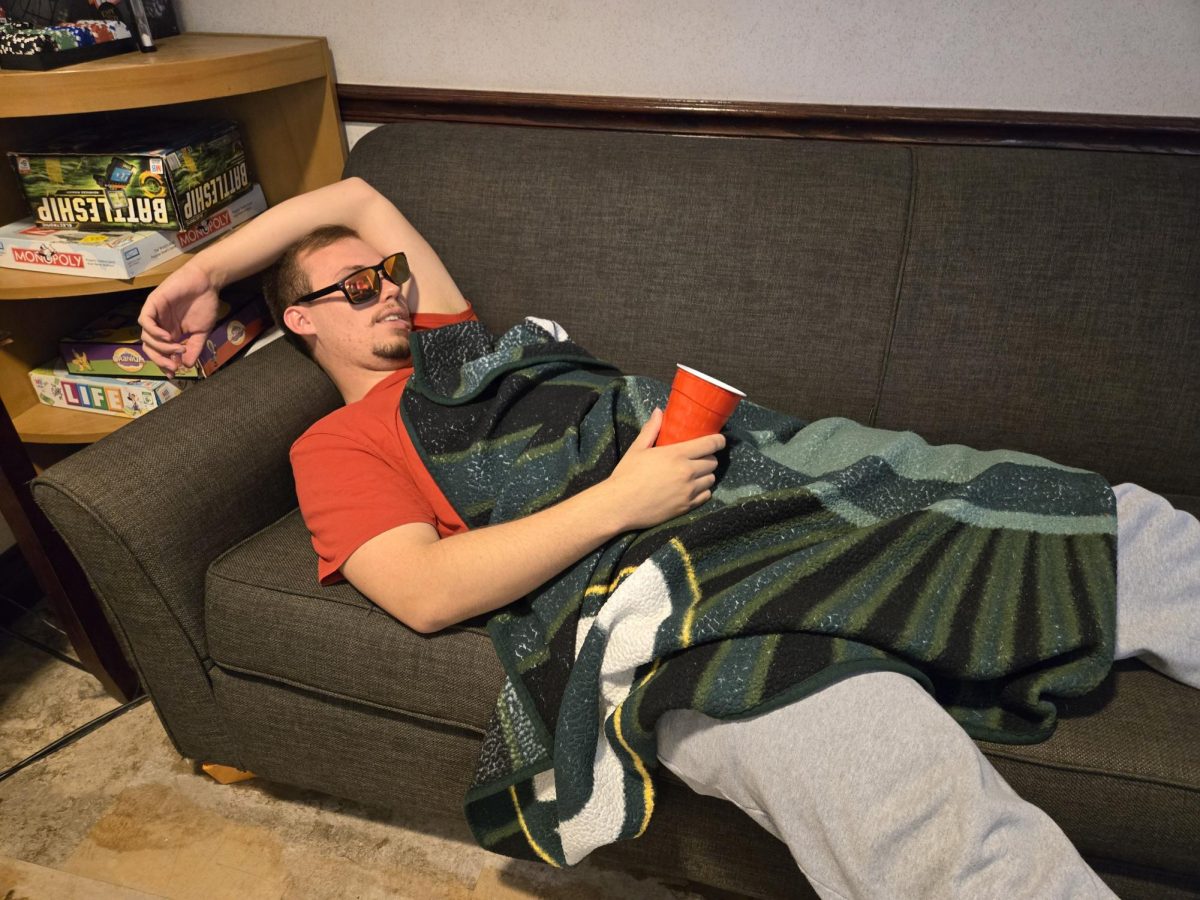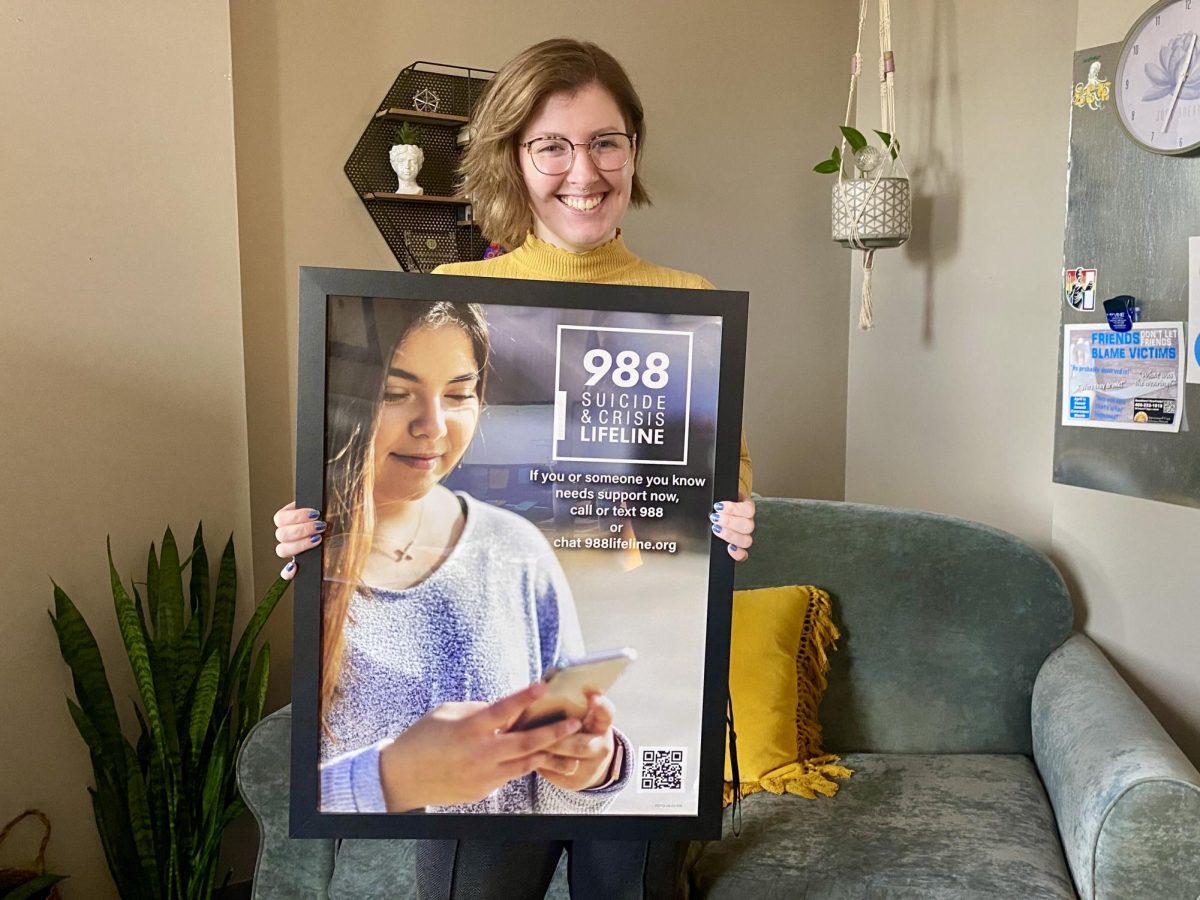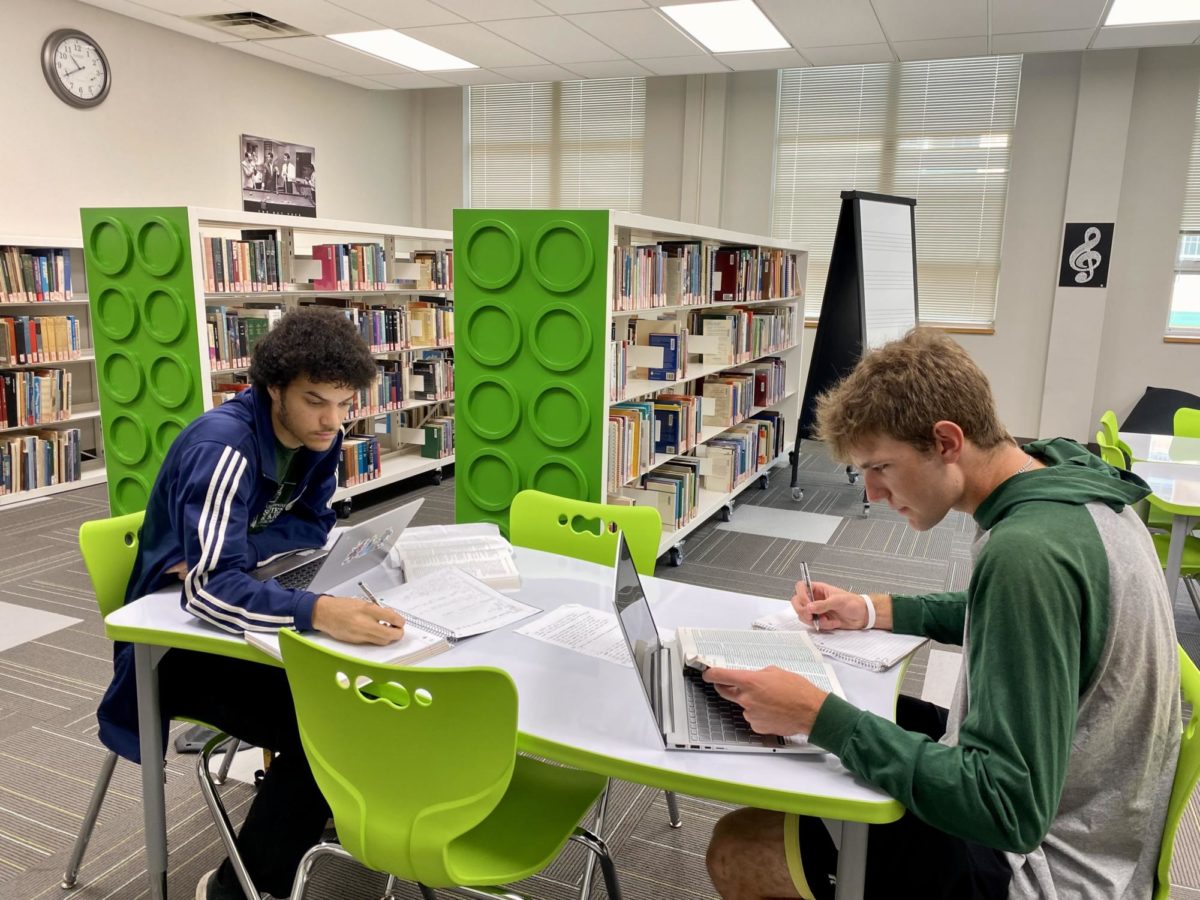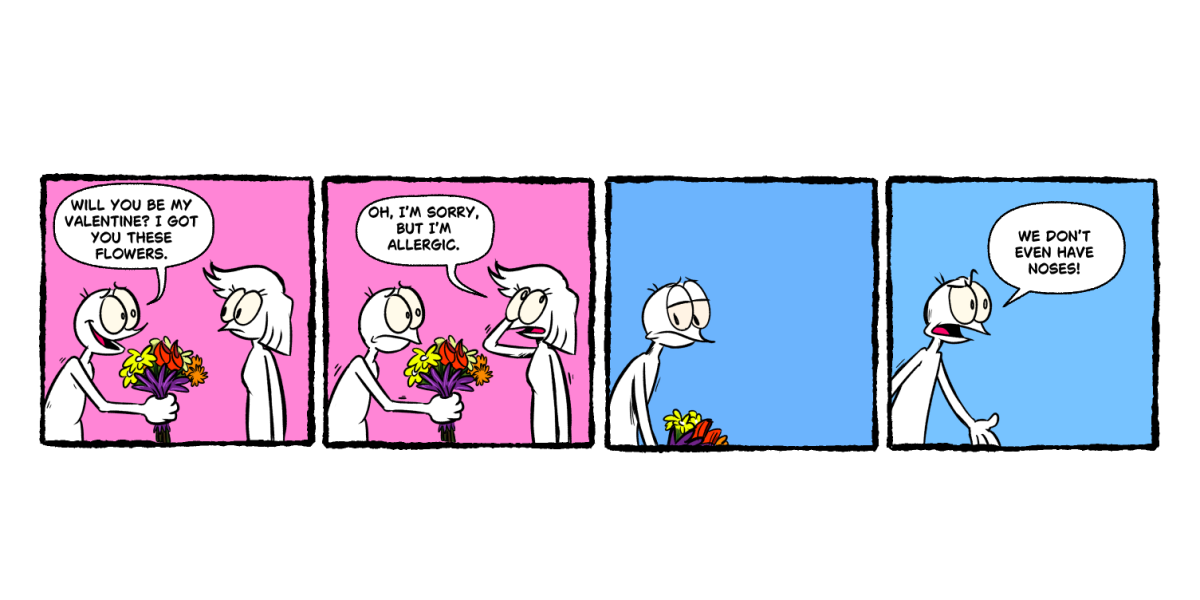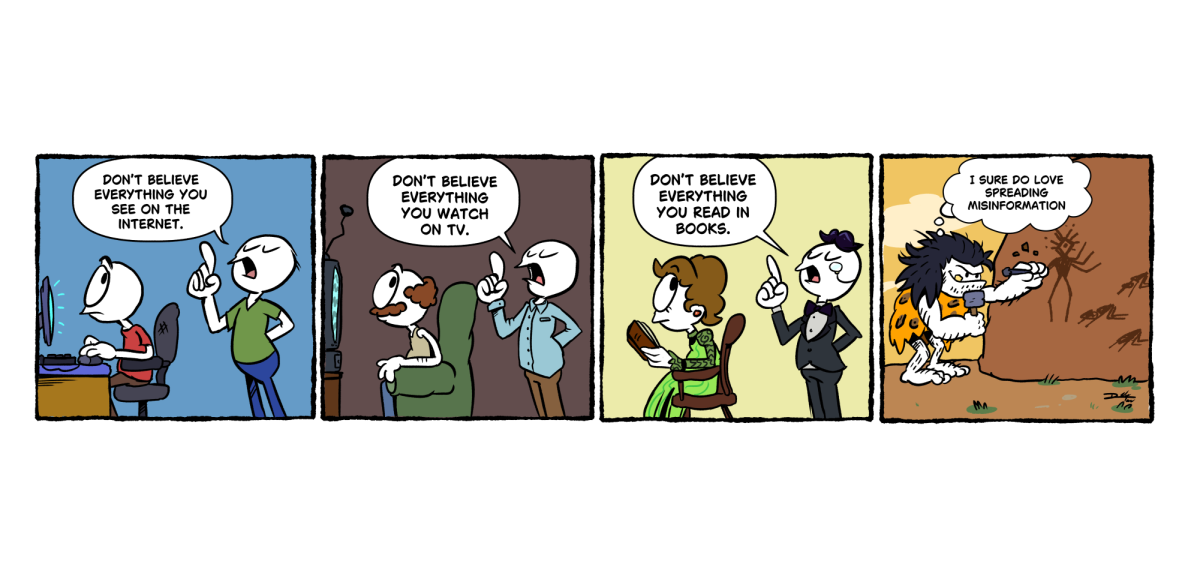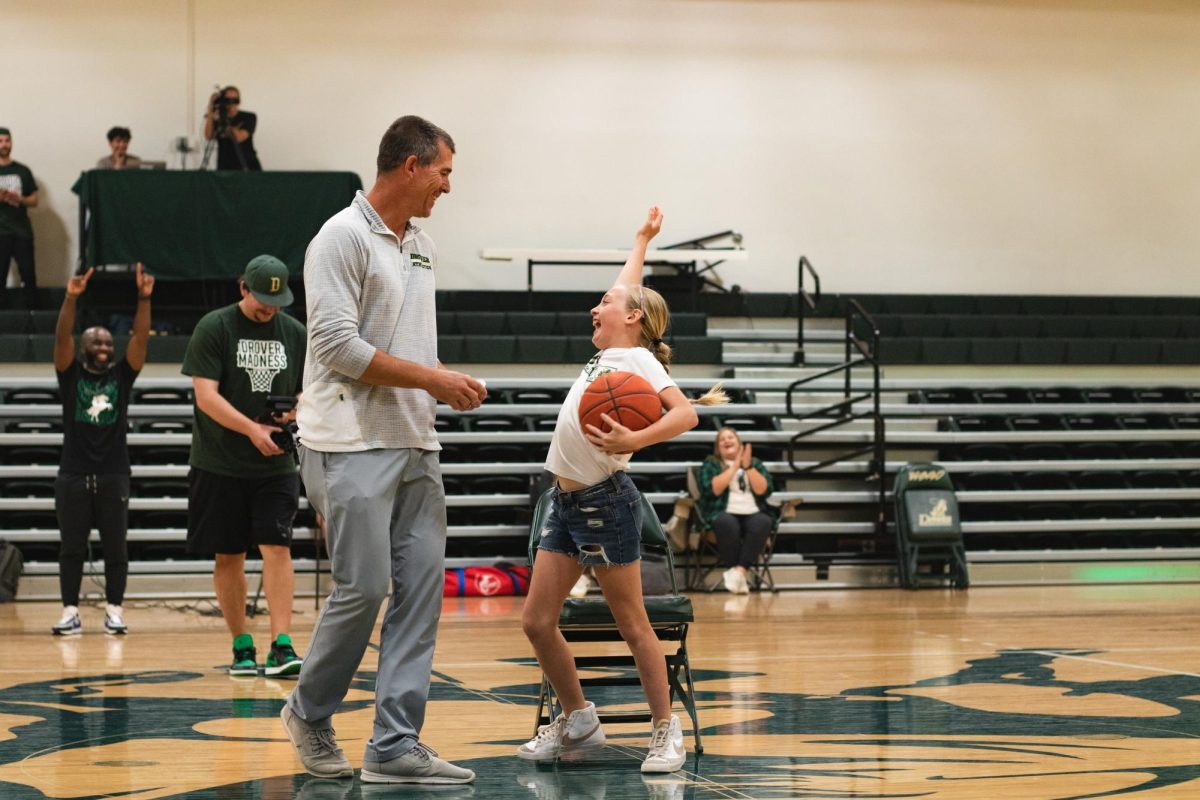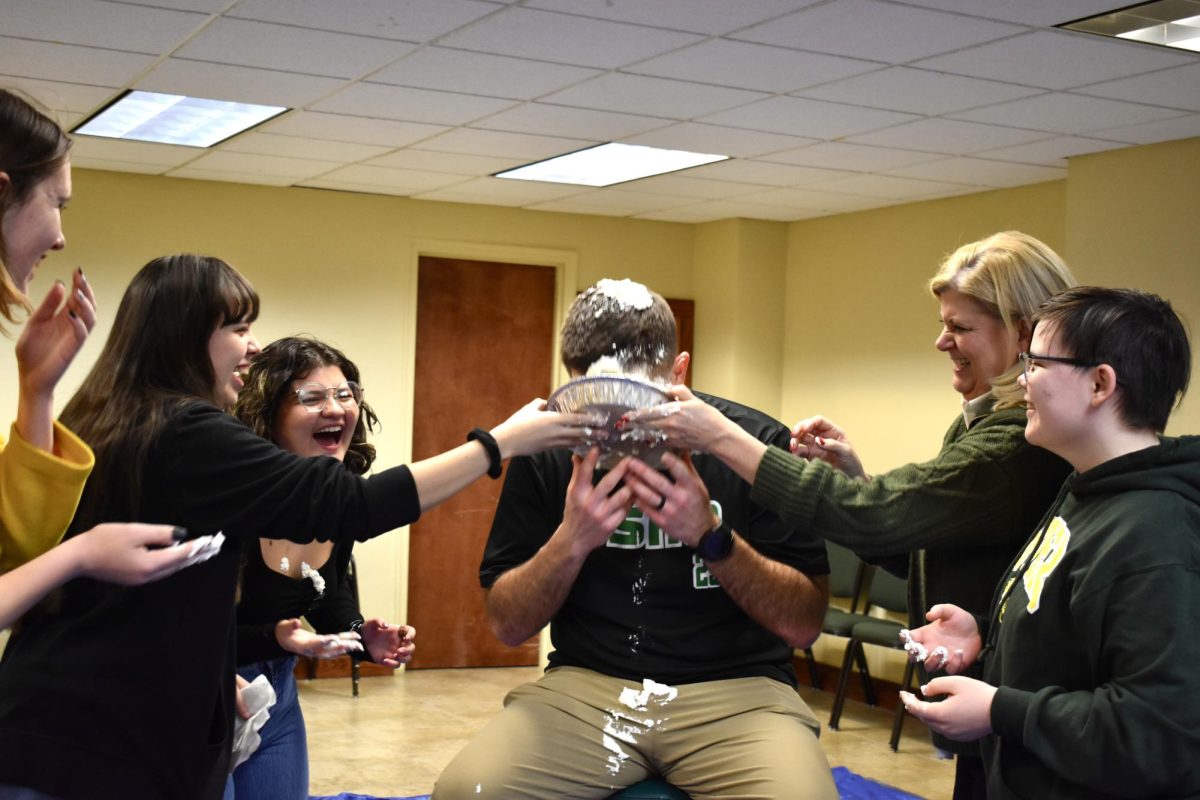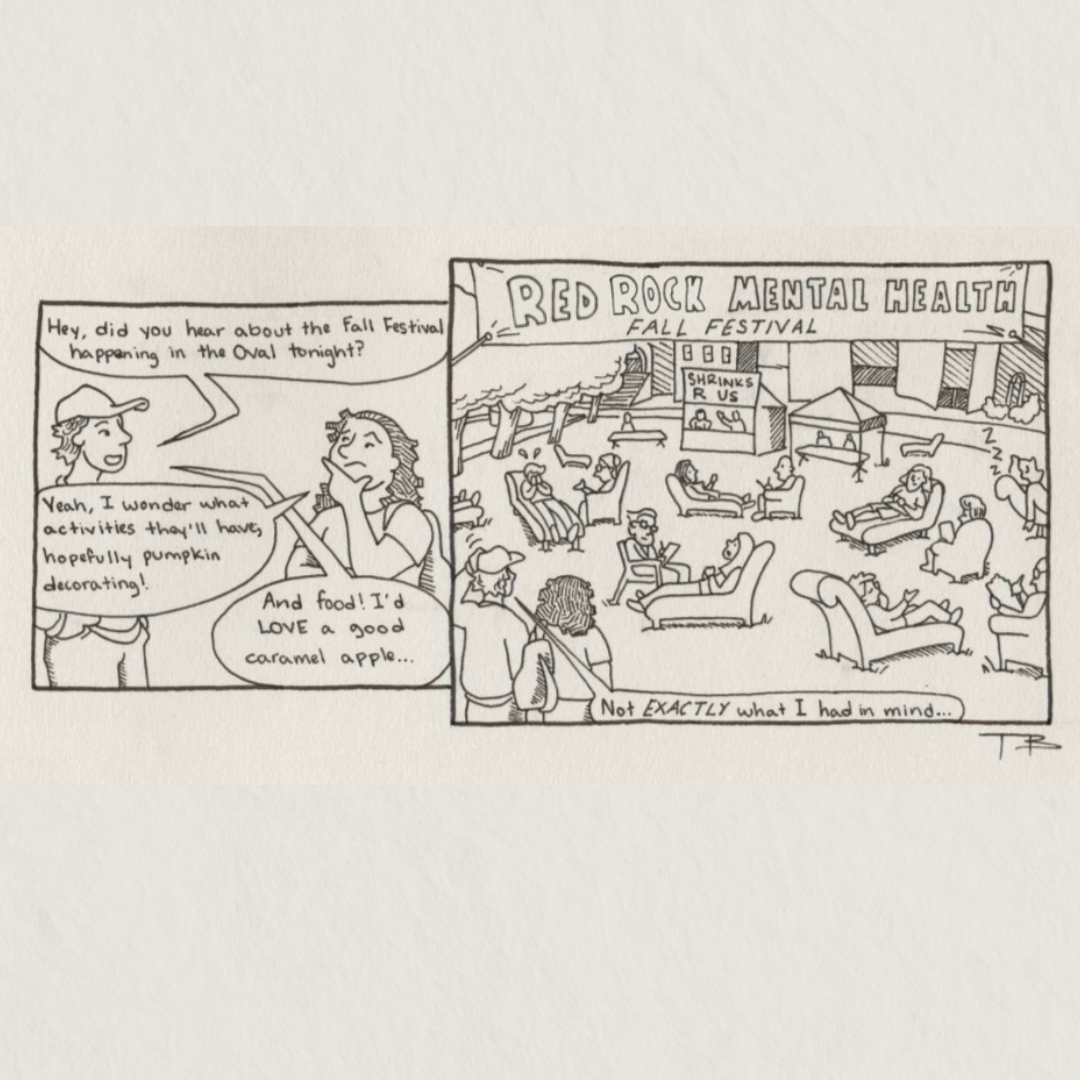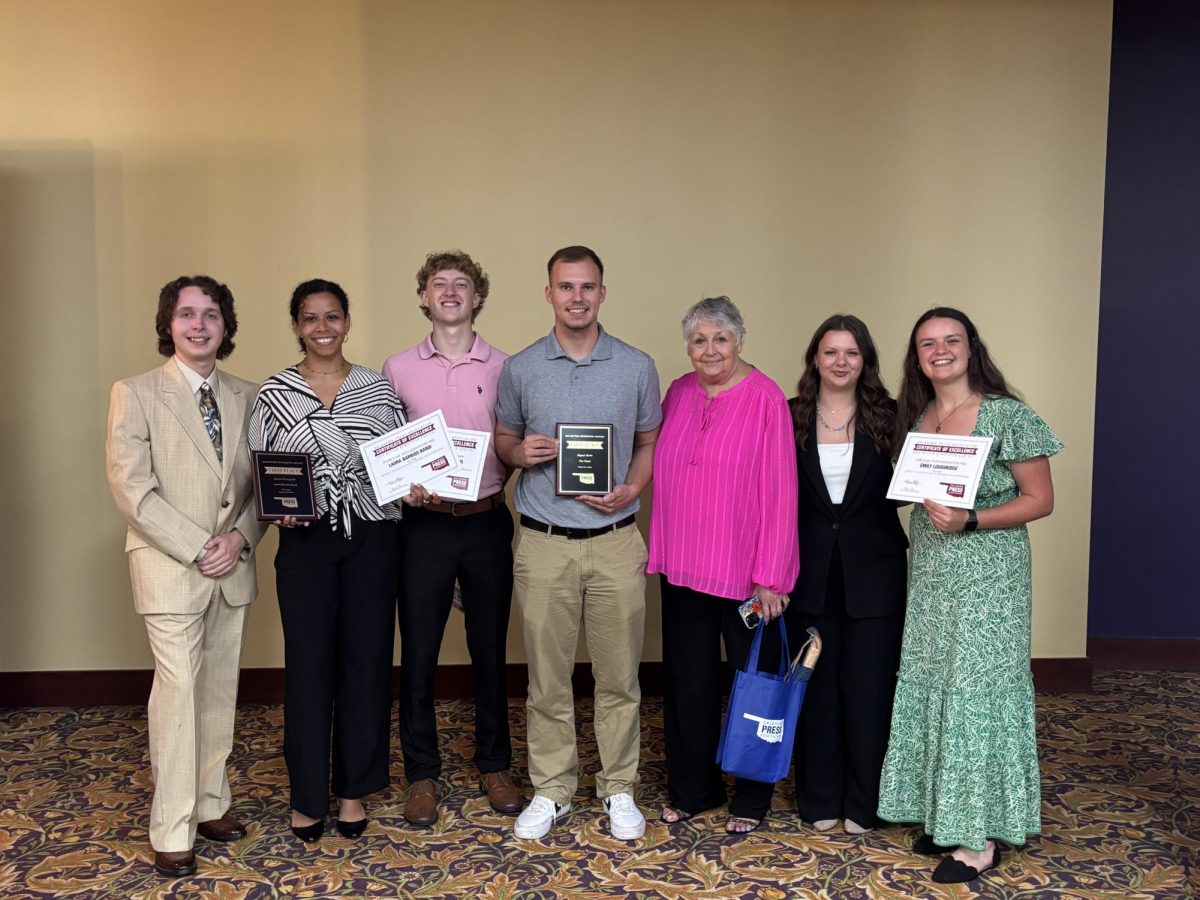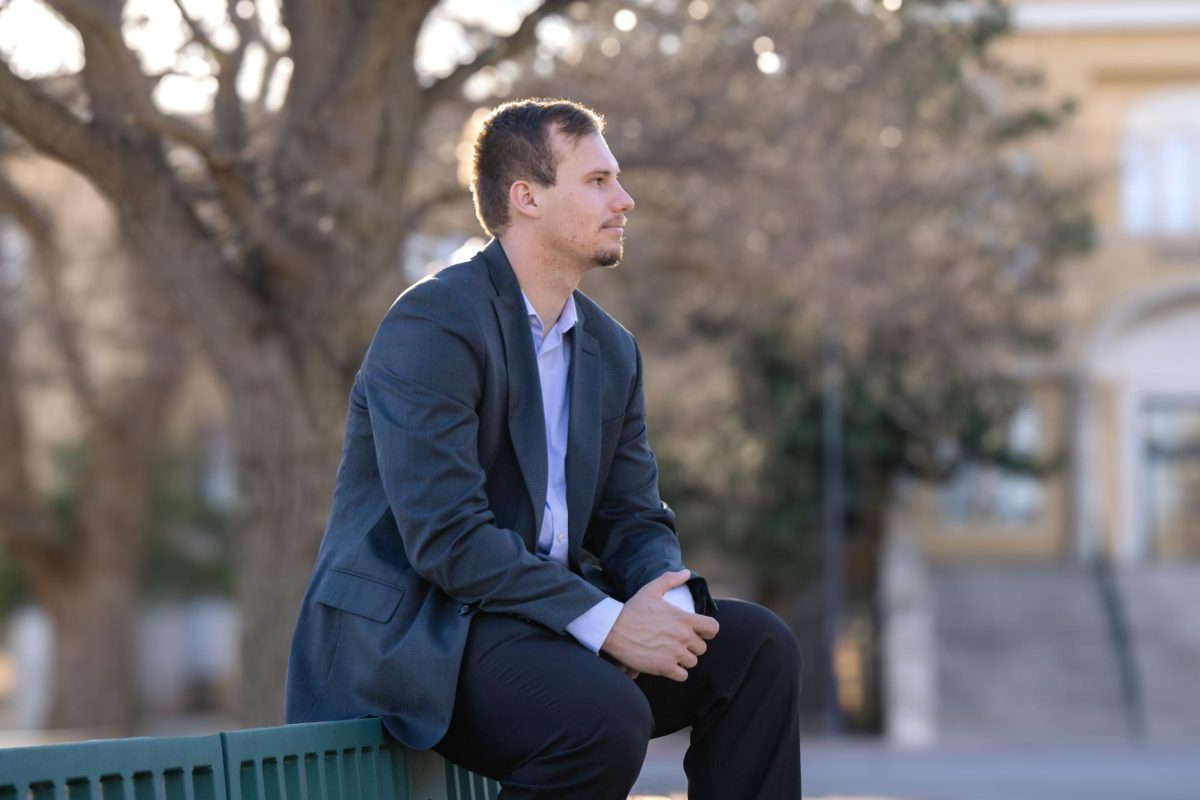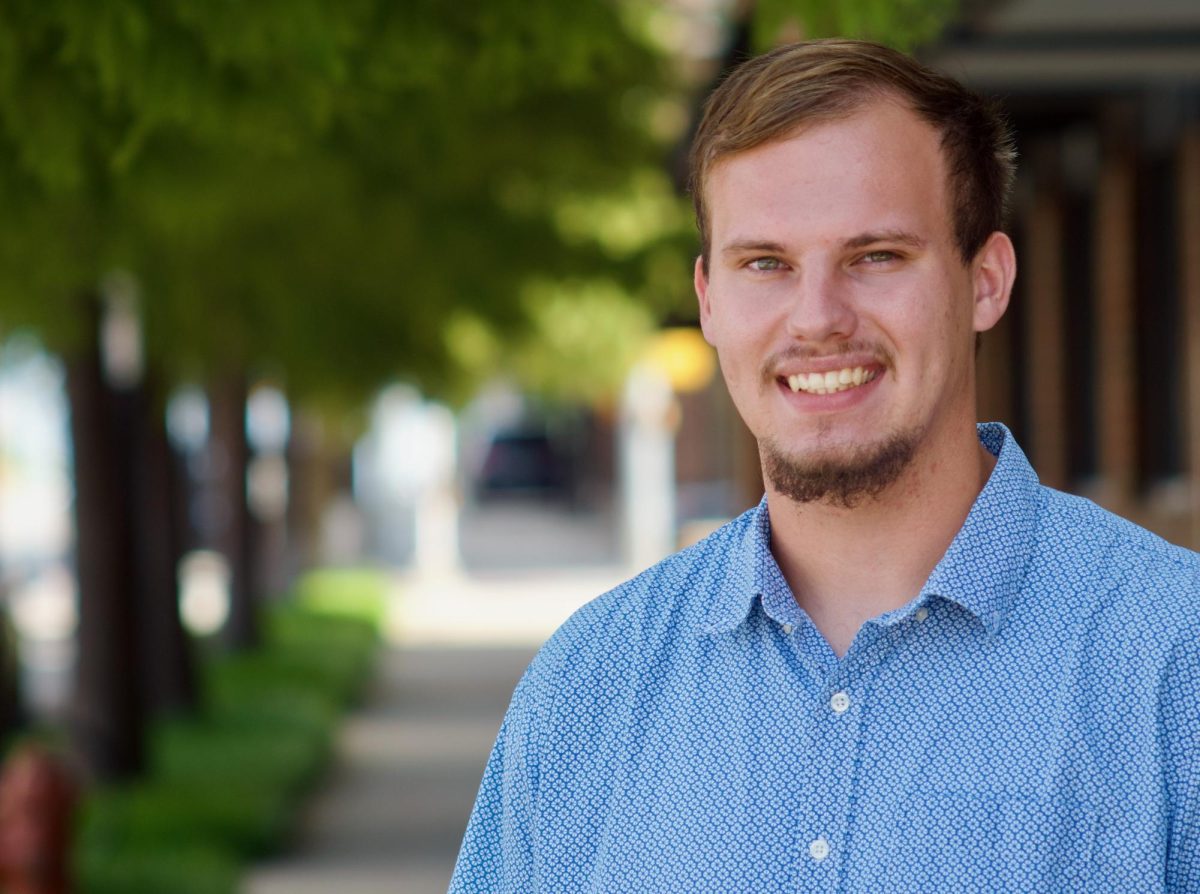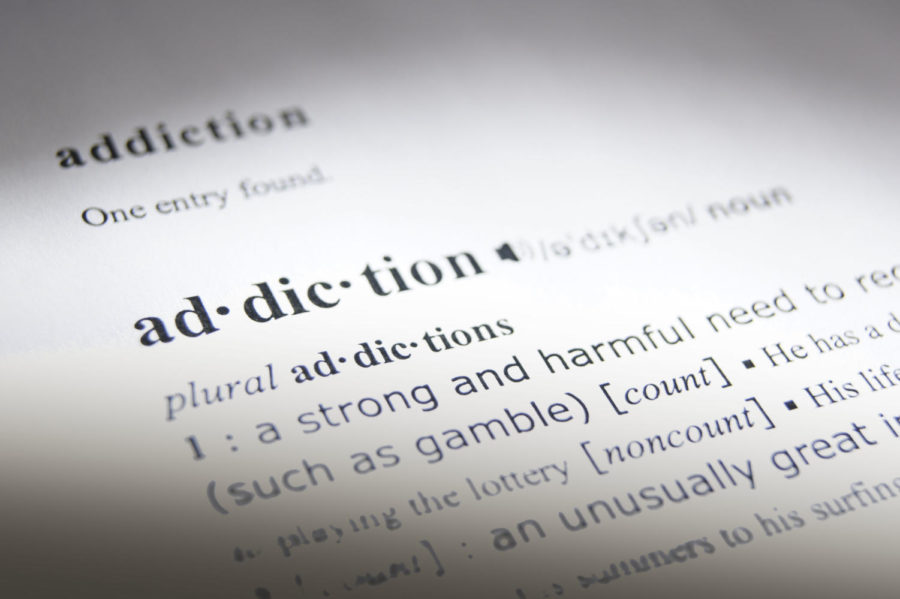Addictions Come In Many Forms
October 9, 2013
“Hi, my name is Katie and I have a problem.” Hearing these words makes most people think of an Alcoholics Anonymous meeting. A common belief among people is that alcohol, drugs, and cigarettes are the only substances humans get addicted to. However, I have had a recent personal experience that proves otherwise.
I have an addictive personality. Whether it is a food, drink, or game, when I try something new I will focus all my attention to that new found “love” in my life.
A few weeks ago, when I discovered “Wrecking Ball” by Miley Cyrus I could not get enough of it. I listened to that song roughly 218 times over the course of a week. There are songs I have sung in church for 20 years and don’t know the words to, but I know every word and punctuation mark to this song. I was addicted.
At this time, I also had the unpleasant experience of being addicted to a certain food. I loved eggs. I ate about six-dozen eggs over the course of a month. I ate them for breakfast, lunch, and supper. I even ate them for a midnight snack. If I ran out, I would go to the grocery store no matter the time of day. I was addicted.
This all came to a boiling point when I sat down with my five scrambled eggs to listen to “Wrecking Ball.” I had to do something. I had to put my big girl panties on, step up to the plate, and just say no to eggs at mealtime and say no to Miley when using the internet.
These two seemingly small aspects of life were controlling mine. While this is a funny and over dramatic story I can tell my kids one day, several valuable lessons can be learned.
Lesson 1:
Addiction is hard for a person to detect himself.
In a way, this happened to me. I didn’t realize I had an addiction to eggs and a particular song. I realized it when I sat down to listen to the song with several eggs to eat as a snack. Then and there I knew I had a problem.
However, some are not so fortunate to realize they have a problem until it is too late.
Cate Perry, Director of Counseling, Disability and Career Service, said that addiction is tough for people to realize because they want a sense of control.
“People aren’t willing to see, accept, or realize they have a problem. They always think they’re in control,” Perry said. When people say that they can stop whenever they want, she said, “that’s not the case.”
A graduate assistant to the men’s basketball team from Hydro, OK, Chisum Lane, said that he has a “mild gambling problem.” He is known to have a running tab with members of the men’s basketball team. They bet on petty half-court type shots. He also said he used to play poker but has not in about a year.
“Gambling [has been] a part of my life since I was 10,” said Lane. He said he does not feel like it is a big part of his life now, though.
This attitude is what Perry was talking about. Lane wants to believe that he has control over his actions, when in reality they are in control over him. Although he has recently given up poker, he still bets with the basketball players all the time.
Lesson 2:
Anything can be an addiction.
“When it impedes on your life and you don’t or can’t function [without that object]” in your life it becomes an addiction, said Perry.
In my case, listening to “Wrecking Ball” often cut into my homework time because I was either watching the music video or singing at the top of my lungs. I wasn’t getting my work done efficiently or to the best of my abilities.
She also said that something as simple as constantly checking a phone could be an addiction.
Rachelle Phillips, a senior speech pathology major from Chickasha, can attest to this behavior. She said she is addicted to her cell-phone when she is constantly on twitter or checking for texts and notification, and it interferes with her homework.
“It distracts me from homework, but I get my stuff done,” said Phillips, “it just takes me longer that it probably should.”
Lesson 3:
No matter how small the addiction may seem there is always the chance that it can spiral out of control. While it may appear small, it can still hurt a person in ways that he is unaware.
Eggs are a good source of protein and are a healthier breakfast choice than a dozen donut holes. However, if I had high cholesterol without realizing it, the amount of eggs I ate would have come close to killing me. So while an addiction to eggs seems like a minor and possibly even “good” addiction it could have seriously harmed me.
Perry said that any small addiction could escalate quickly into a large one.
“It’s like you’re immune to it so you have to take more and then a little more and then a little more of something stronger to get the same affect,” she said.
Shaylee Kimbro is another student who admitted to having an addiction. The senior early childhood major from Ryan, Ok, said that she was addicted to eating at one time.
“I was addicted to eating,” said Kimbro, “I realized the negative effect it was on my life and changed my mindset.”
The realization of what eating was doing to her life was the first step needed for change. Everyone needs food to survive, but when they indulge and eat constantly it hurts rather than helps his or her health.
“I tried to start other habits and just turned from it,” Kimbro said.
She had to wean herself from eating constantly. She had to realize that she did not need to eat on impulse. She could survive healthily with less food.
Addiction is a major problem, and with these few examples it is easy to see that not only alcohol and drugs are an issue.
There are roughly 920 students currently attending USAO. Chances are, there aren’t many addictions a student may face that another has also faced.
Cate Perry’s office is on the third floor of the student center. If you feel you have an addiction of any magnitude, go to her. Also, if you have a friend or classmate you think might have addiction they don’t recognize, go to her.
Seek help. The resources are out there.









